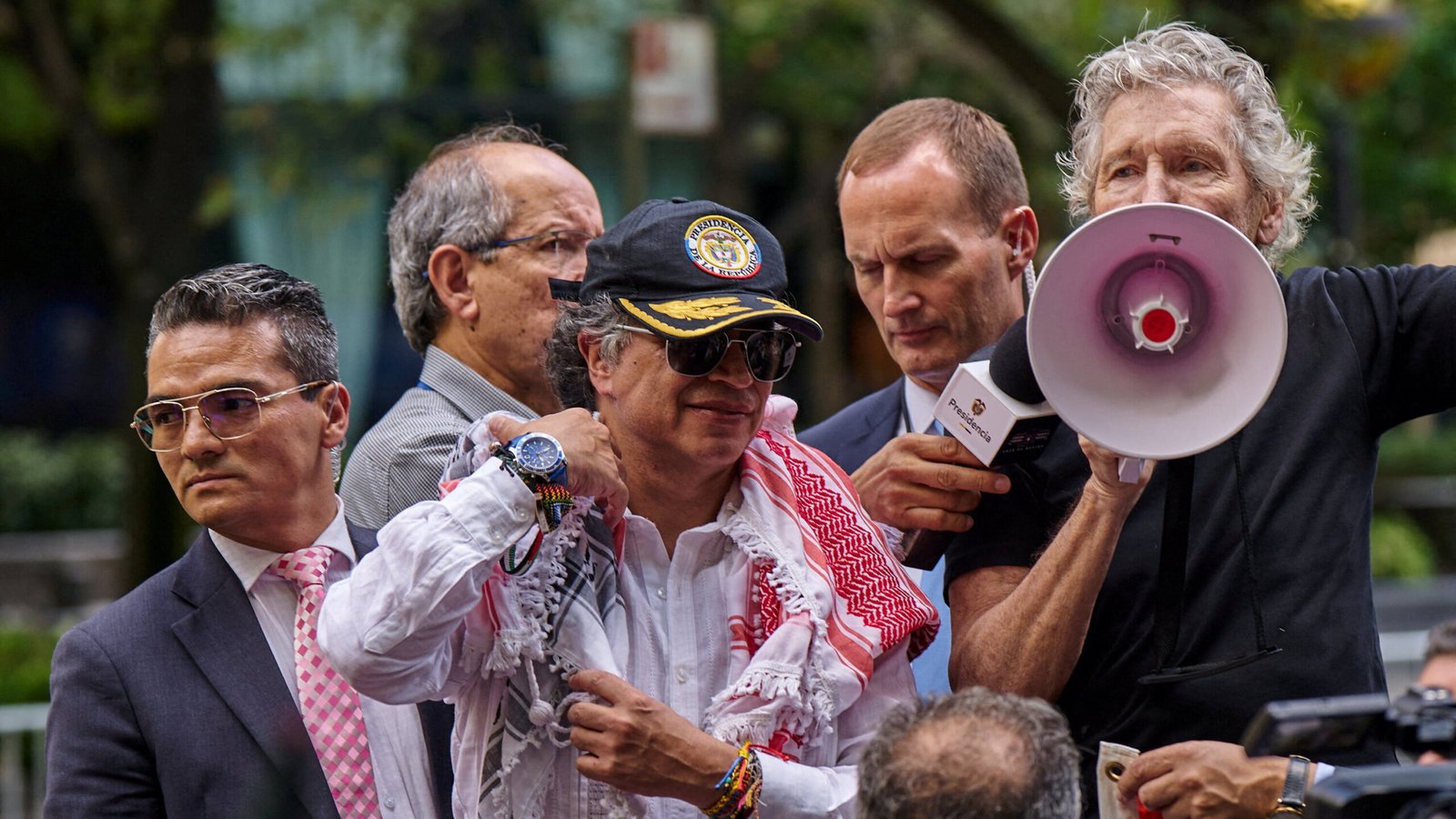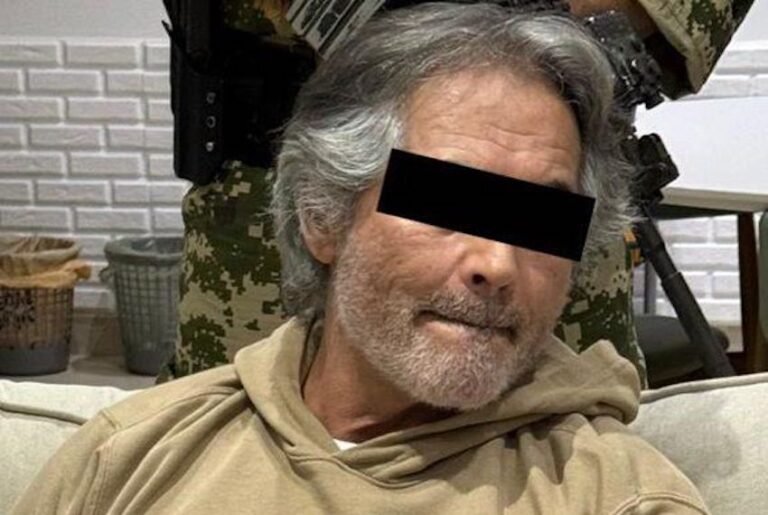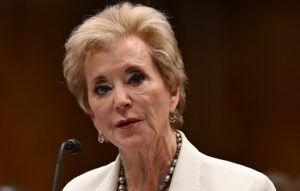In a dramatic escalation of tensions between Washington and Bogotá, the U.S. State Department announced late Friday that it is revoking the visa of Colombian President Gustavo Petro. The decision comes in response to Petro’s remarks during a pro-Palestinian rally in New York, where he urged U.S. soldiers to defy orders from President Trump. The administration characterized his actions as “reckless and incendiary.”
Petro had traveled to New York to participate in the United Nations General Assembly. On the sidelines of the gathering, he joined a public demonstration calling for greater international action in Gaza, and delivered a fiery speech in which he exhorted U.S. troops not to “point their guns at people” and to “disobey Trump’s orders.” The Colombian leader framed his words as moral imperatives grounded in humanity and justice.
In announcing the visa revocation, the U.S. State Department posted via X (formerly Twitter):
“Earlier today, Colombian President @petrogustavo stood on a NYC street and urged U.S. soldiers to disobey orders and incite violence. We will revoke Petro’s visa due to his reckless and incendiary actions.”
Petro, undeterred, struck back in a social media post, condemning the action as a violation of international norms. He asserted that revoking his visa for speaking out about genocide in Gaza undermines the rule of law and diplomatic immunity afforded to visiting heads of state.
By Saturday, Petro had returned to Bogotá, where he continued to cast the U.S. decision as a political and moral affront. He even floated the idea of relocating the United Nations headquarters away from New York if such reprisals become accepted practice.
Diplomatic Fallout and Context
The revocation marks one of the most overt signals yet of the deep strain between the Trump administration and the Petro government. Over the past year, bilateral relations have frayed over a range of issues: Petro’s suspension of U.S. deportation flights, his vocal criticism of U.S. military operations in Latin America, and Colombia’s handling of drug trafficking partnerships.
Earlier in 2025, Petro refused to allow two U.S. military planes carrying deported Colombians to land. That standoff ended with a negotiated compromise, but the incident foreshadowed the fraught dynamics playing out now.
Analysts note that revoking the visa of a sitting president—especially one in town for U.N. business—is extremely rare and carries symbolic as well as practical weight. It raises questions about how the U.S. will treat foreign leaders who use American soil to amplify protest rhetoric. It also tests diplomatic norms around immunity and freedom of speech.
This move may significantly complicate U.S.–Colombia cooperation on counter-narcotics, regional security, and trade. Bogotá, which has historically been a key U.S. partner in Latin America, may recalibrate its posture toward Washington.













